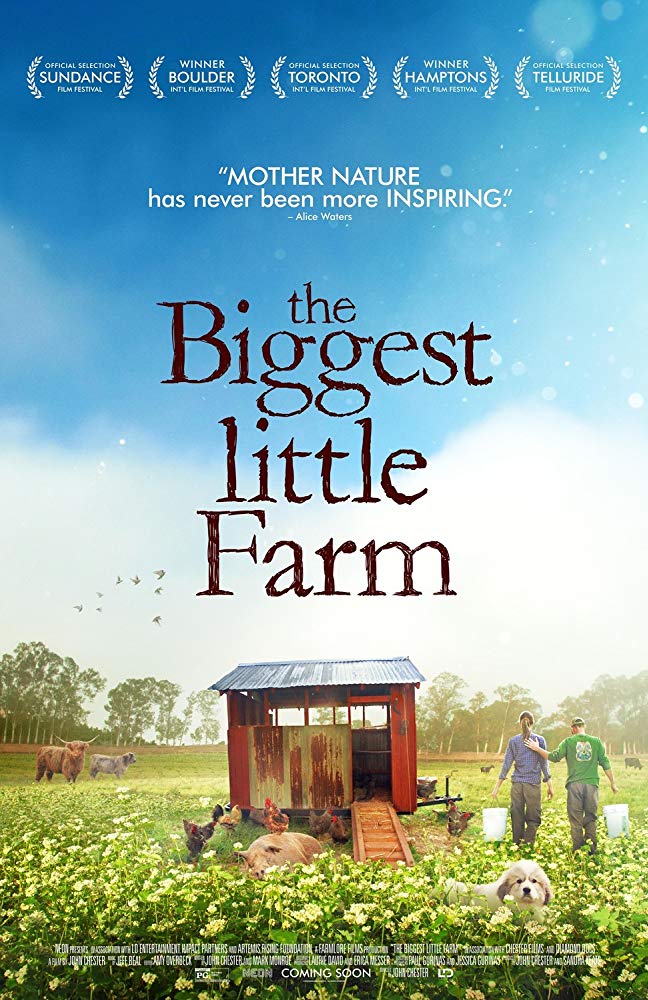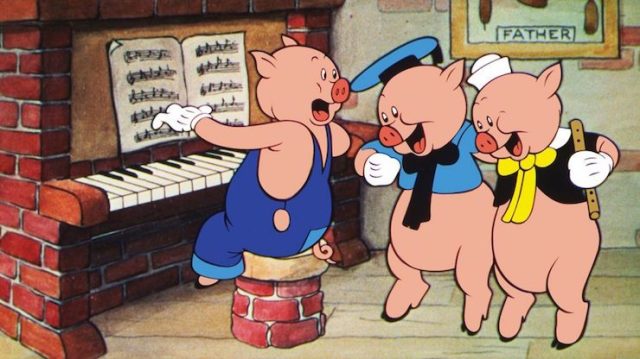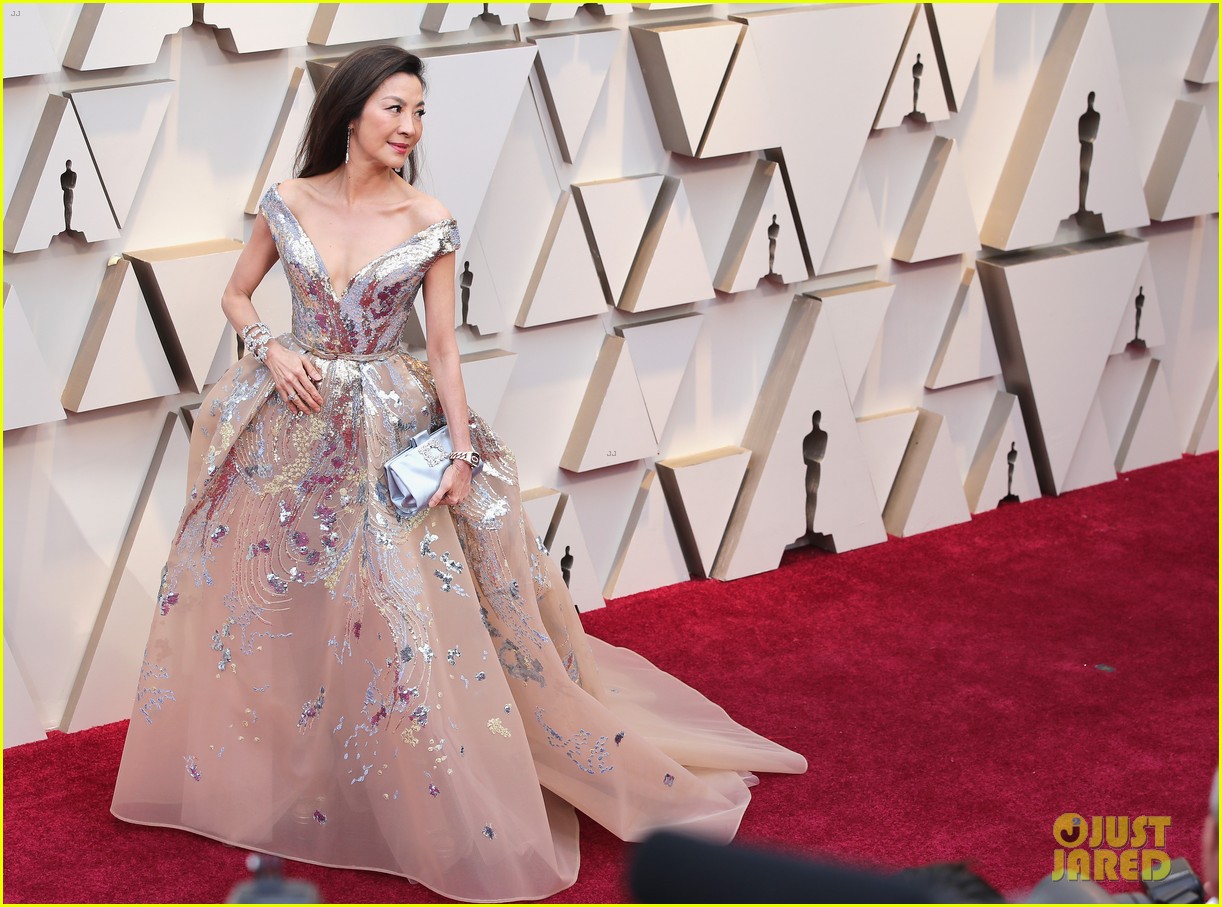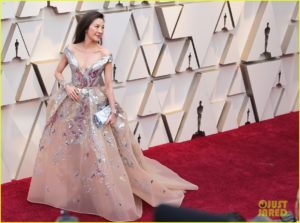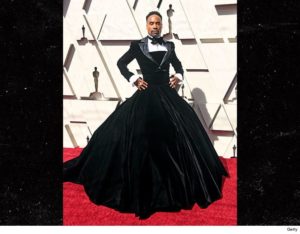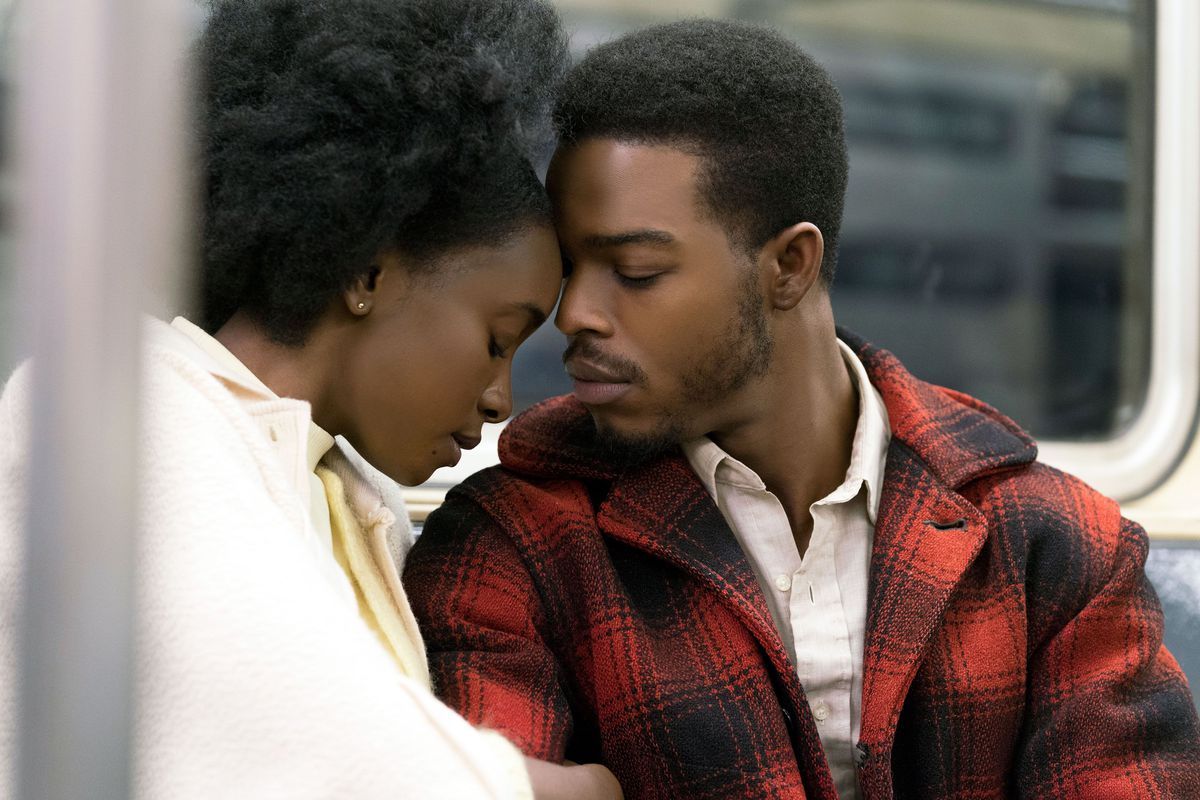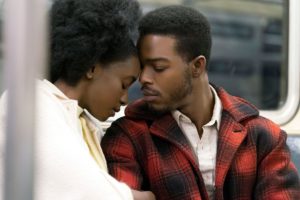Critics Choice Documentary Award Nominees 2019
Posted on October 14, 2019 at 12:11 pm
The nominees for this year’s Documentary Awards from the Broadcast Film Critics Association are:
BEST DOCUMENTARY FEATURE
American Factory (Netflix)
Apollo 11 (Neon)
The Biggest Little Farm (Neon)
The Cave (National Geographic)
Honeyland (Neon)
The Kingmaker (Showtime)
Knock Down the House (Netflix)
Leaving Neverland (HBO)
Maiden (Sony Pictures Classics)
One Child Nation (Amazon Studios)
They Shall Not Grow Old (Warner Bros.)
BEST DIRECTOR
Waad Al-Kateab and Edward Watts, For Sama (PBS)
Steven Bognar and Julia Reichert, American Factory (Netflix)
John Chester, The Biggest Little Farm (Neon)
Feras Fayyad, The Cave (National Geographic)
Peter Jackson, They Shall Not Grow Old (Warner Bros.)
Todd Douglas Miller, Apollo 11 (Neon)
Nanfu Wang and Jialing Zhang, One Child Nation (Amazon Studios)
BEST CINEMATOGRAPHY
Ben Bernhard and Viktor Kossakovsky, Aquarela (Sony Pictures Classics)
John Chester, The Biggest Little Farm (Neon)
Fejmi Daut and Samir Ljuma, Honeyland (Neon)
Nicholas de Pencier, Anthropocene: The Human Epoch (Kino Lorber)
Muhammed Khair Al Shami, Ammar Suleiman, and Mohammad Eyad, The Cave (National Geographic)
Richard Ladkani, Sea of Shadows (National Geographic)
BEST EDITING
Georg Michael Fischer and Verena Schönauer, Sea of Shadows (National Geographic)
Todd Douglas Miller, Apollo 11 (Neon)
Jabez Olssen, They Shall Not Grow Old (Warner Bros.)
Amy Overbeck, The Biggest Little Farm (Neon)
Lindsay Utz, American Factory (Netflix)
Nanfu Wang, One Child Nation (Amazon Studios)
BEST SCORE
Jeff Beal, The Biggest Little Farm (Neon)
Matthew Herbert, The Cave (National Geographic)
Matt Morton, Apollo 11 (Neon)
Plan 9, They Shall Not Grow Old (Warner Bros.)
H. Scott Salinas, Sea of Shadows (National Geographic)
Eicca Toppinen, Aquarela (Sony Pictures Classics)
BEST NARRATION
Anthropocene: The Human Epoch (Kino Lorber)
Alicia Vikander, narrator
Jennifer Baichwal, writer
The Biggest Little Farm (Neon)
John Chester and Molly Chester, narrators
John Chester, writer
The Edge of Democracy (Netflix)
Petra Costa, narrator
Petra Costa, Carol Pires, David Barker and Moara Passoni, writers
The Elephant Queen (Apple)
Chiwetel Ejiofor, narrator
Mark Deeble, writer
For Sama (PBS)
Waad Al-Kateab, narrator
Waad Al-Kateab, writer
Joseph Pulitzer: Voice of the People (First Run)
Adam Driver, narrator
Oren Rudavsky and Bob Seidman, writers
One Child Nation (Amazon Studios)
Nanfu Wang, narrator
Nanfu Wang, writer
Western Stars (Warner Bros.)
Bruce Springsteen, narrator
Bruce Springsteen, writer
BEST FIRST DOCUMENTARY FEATURE
Midge Costin, Making Waves: The Art of Cinematic Sound (Matson Films)
A.J. Eaton, David Crosby: Remember My Name (Sony Pictures Classics)
Pamela B. Green, Be Natural: The Untold Story of Alice Guy-Blaché (Kino Lorber/Zeitgeist Films)
Tamara Kotevska and Ljubomir Stefanov, Honeyland (Neon)
Richard Miron, For the Birds (Dogwoof)
Garret Price, Love, Antosha (Lurker Films)
BEST ARCHIVAL DOCUMENTARY
Amazing Grace (Neon)
Apollo 11 (Neon)
Maiden (Sony Pictures Classics)
Mike Wallace is Here (Magnolia)
Pavarotti (CBS Films)
Rolling Thunder Revue: A Bob Dylan Story by Martin Scorsese (Netflix)
They Shall Not Grow Old (Warner Bros.)
What’s My Name: Muhammad Ali (HBO)
BEST BIOGRAPHICAL DOCUMENTARY
David Crosby: Remember My Name (Sony Pictures Classics)
The Kingmaker (Showtime)
Linda Ronstadt: The Sound of My Voice (Greenwich)
Love, Antosha (Lurker Films)
Mike Wallace is Here (Magnolia)
Pavarotti (CBS Films)
Toni Morrison: The Pieces I Am (Magnolia)
BEST MUSIC DOCUMENTARY
Amazing Grace (Neon)
David Crosby: Remember My Name (Sony Pictures Classics)
Linda Ronstadt: The Sound of My Voice (Greenwich)
Miles Davis: Birth of the Cool (Abramorama)
Pavarotti (CBS Films)
Rolling Thunder Revue: A Bob Dylan Story by Martin Scorsese (Netflix)
Western Stars (Warner Bros.)
BEST POLITICAL DOCUMENTARY
American Factory (Netflix)
The Edge of Democracy (Netflix)
Hail Satan? (Magnolia)
The Kingmaker (Showtime)
Knock Down the House (Netflix)
One Child Nation (Amazon Studios)
BEST SCIENCE/NATURE DOCUMENTARY
Anthropocene: The Human Epoch (Kino Lorber)
Apollo 11 (Neon)
Aquarela (Sony Pictures Classic)
The Biggest Little Farm (Neon)
The Elephant Queen (Apple)
Honeyland (Neon)
Penguins (Disney)
Sea of Shadows (National Geographic)
BEST SPORTS DOCUMENTARY
Bethany Hamilton: Unstoppable (Entertainment Studios)
Diego Maradona (HBO)
Maiden (Sony Pictures Classics)
Rodman: For Better or Worse (ESPN)
The Spy Behind Home Plate (Ciesla Foundation)
What’s My Name: Muhammad Ali (HBO)
MOST INNOVATIVE DOCUMENTARY
Aquarela (Sony Pictures Classics)
Cold Case Hammarskjöld (Magnolia)
Rolling Thunder Revue: A Bob Dylan Story by Martin Scorsese (Netflix)
Screwball (Greenwich)
Serendipity (Cohen Media)
They Shall Not Grow Old (Warner Bros.)
BEST SHORT DOCUMENTARY
The Chapel at the Border (Atlantic Documentaries)
(Director and Producer: Jeremy Raff)
Death Row Doctor (The New York Times Op-Docs)
(Director: Lauren Knapp)
In the Absence (Field of Vision)
(Director: Yi Seung-Jun. Producer: Gary Byung-Seok Kam)
Lost World
(Director and Producer: Kalyanee Mam. Producers: Adam Loften and Emmanuel Vaughan-Lee)
Mack Wrestles (ESPN)
(Directors and Producers: Taylor Hess and Erin Sanger. Producers: Erin Leyden and Gentry Kirby)
Period. End of Sentence. (Netflix)
(Director: Rayka Zehtabchi. Producers: Melissa Berton, Garrett K. Schiff and Lisa Taback)
The Polaroid Job (The New York Times Op-Docs)
(Director: Mike Plante)
Sam and the Plant Next Door (The Guardian)
(Director and Producer: Ömer Sami)
The Unconditional
(Director and Producer: Dave Adams. Producers: Adam Soltis, Renee Woodruff Adams, Josie Swantek Heitz, and Chris Tuss)
The Waiting Room (The Guardian)
(Director and Producer: Victoria Mapplebeck)
MOST COMPELLING LIVING SUBJECTS OF A DOCUMENTARY
Dr. Amani Ballor – The Cave (National Geographic)
David Crosby – David Crosby: Remember My Name (Sony Pictures Classics)
Tracy Edwards – Maiden (Sony Pictures Classics)
Imelda Marcos – The Kingmaker (Showtime)
Hatidze Muratova – Honeyland (Neon)
Alexandria Ocasio-Cortez, Amy Vilela, Cori Bush, and Paula Jean Swearengin – Knock Down the House (Netflix)
Linda Ronstadt – Linda Ronstadt: The Sound of My Voice (Greenwich)
Dr. Ruth Westheimer – Ask Dr. Ruth (Hulu)
The first-time winner of the new D.A. Pennebaker award for lifetime achievement will very appropriately go to the legendary Frederick Wiseman. There is hardly an institution in America, from high school to mental hospital to upscale department store to library that has not been the subject of one of and illuminated by his documentaries.
Another outstanding awardee is Michael Apted, who will receive the Landmark Award for the groundbreaking UP series. There’s never been anything like it. A documentary about school children turned into one of the most extraordinary longitudinal studies in the history of science. I always look forward to the next episode.

